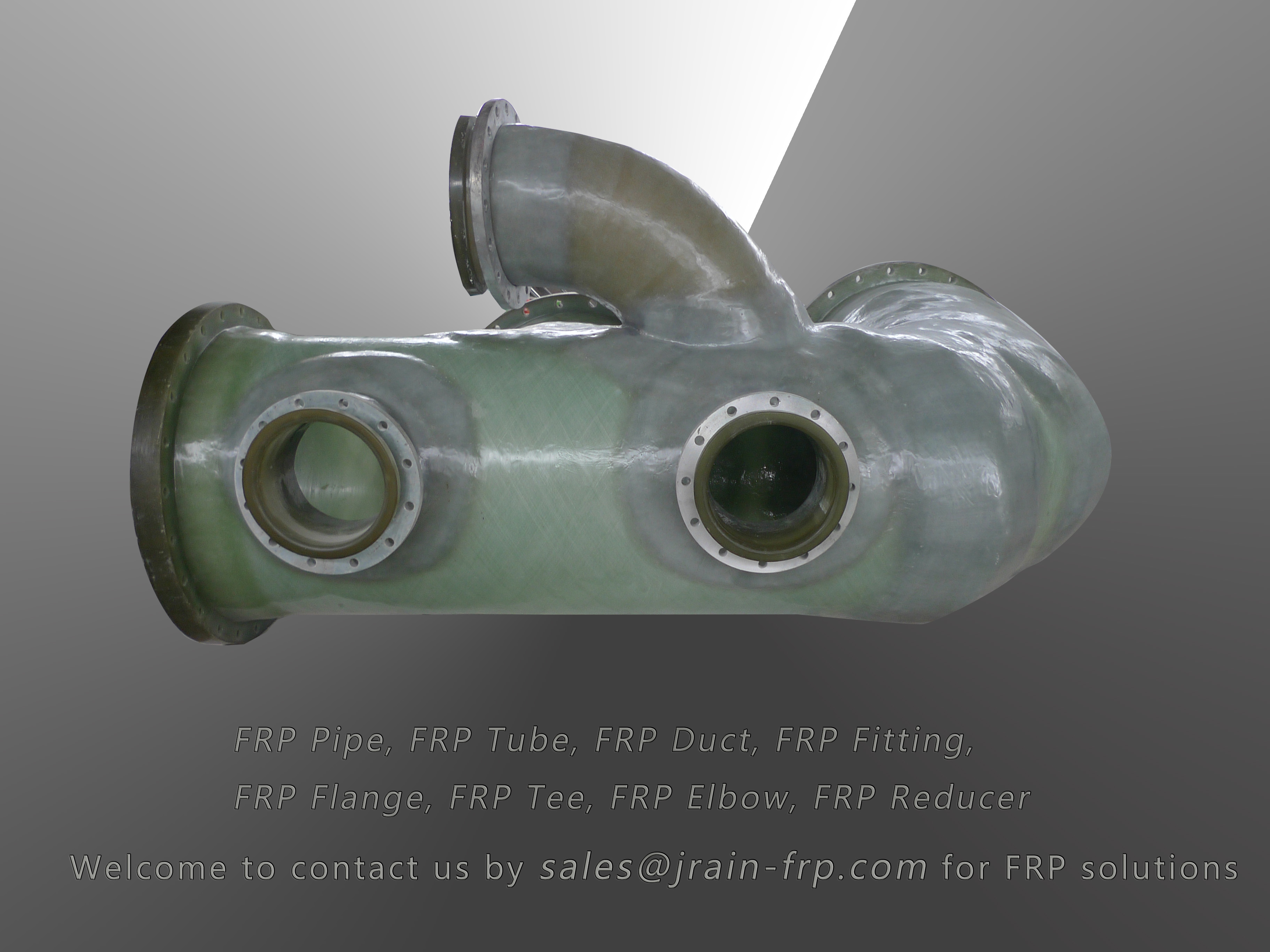
-
 Afrikaans
Afrikaans -
 Albanian
Albanian -
 Amharic
Amharic -
 Arabic
Arabic -
 Armenian
Armenian -
 Azerbaijani
Azerbaijani -
 Basque
Basque -
 Belarusian
Belarusian -
 Bengali
Bengali -
 Bosnian
Bosnian -
 Bulgarian
Bulgarian -
 Catalan
Catalan -
 Cebuano
Cebuano -
 China
China -
 China (Taiwan)
China (Taiwan) -
 Corsican
Corsican -
 Croatian
Croatian -
 Czech
Czech -
 Danish
Danish -
 Dutch
Dutch -
 English
English -
 Esperanto
Esperanto -
 Estonian
Estonian -
 Finnish
Finnish -
 French
French -
 Frisian
Frisian -
 Galician
Galician -
 Georgian
Georgian -
 German
German -
 Greek
Greek -
 Gujarati
Gujarati -
 Haitian Creole
Haitian Creole -
 hausa
hausa -
 hawaiian
hawaiian -
 Hebrew
Hebrew -
 Hindi
Hindi -
 Miao
Miao -
 Hungarian
Hungarian -
 Icelandic
Icelandic -
 igbo
igbo -
 Indonesian
Indonesian -
 irish
irish -
 Italian
Italian -
 Japanese
Japanese -
 Javanese
Javanese -
 Kannada
Kannada -
 kazakh
kazakh -
 Khmer
Khmer -
 Rwandese
Rwandese -
 Korean
Korean -
 Kurdish
Kurdish -
 Kyrgyz
Kyrgyz -
 Lao
Lao -
 Latin
Latin -
 Latvian
Latvian -
 Lithuanian
Lithuanian -
 Luxembourgish
Luxembourgish -
 Macedonian
Macedonian -
 Malgashi
Malgashi -
 Malay
Malay -
 Malayalam
Malayalam -
 Maltese
Maltese -
 Maori
Maori -
 Marathi
Marathi -
 Mongolian
Mongolian -
 Myanmar
Myanmar -
 Nepali
Nepali -
 Norwegian
Norwegian -
 Norwegian
Norwegian -
 Occitan
Occitan -
 Pashto
Pashto -
 Persian
Persian -
 Polish
Polish -
 Portuguese
Portuguese -
 Punjabi
Punjabi -
 Romanian
Romanian -
 Russian
Russian -
 Samoan
Samoan -
 Scottish Gaelic
Scottish Gaelic -
 Serbian
Serbian -
 Sesotho
Sesotho -
 Shona
Shona -
 Sindhi
Sindhi -
 Sinhala
Sinhala -
 Slovak
Slovak -
 Slovenian
Slovenian -
 Somali
Somali -
 Spanish
Spanish -
 Sundanese
Sundanese -
 Swahili
Swahili -
 Swedish
Swedish -
 Tagalog
Tagalog -
 Tajik
Tajik -
 Tamil
Tamil -
 Tatar
Tatar -
 Telugu
Telugu -
 Thai
Thai -
 Turkish
Turkish -
 Turkmen
Turkmen -
 Ukrainian
Ukrainian -
 Urdu
Urdu -
 Uighur
Uighur -
 Uzbek
Uzbek -
 Vietnamese
Vietnamese -
 Welsh
Welsh -
 Bantu
Bantu -
 Yiddish
Yiddish -
 Yoruba
Yoruba -
 Zulu
Zulu
frp water tank
Exploring the Benefits of FRP Water Tanks
In the realm of water storage solutions, Fiber Reinforced Plastic (FRP) water tanks have emerged as a popular choice for both residential and industrial applications. Known for their durability, corrosion resistance, and lightweight nature, FRP tanks provide an efficient and effective way to store water for various purposes. This article delves into the features, advantages, and potential applications of FRP water tanks, highlighting why they are becoming the go-to solution for many businesses and households.
Understanding FRP Material
Fiber Reinforced Plastic is a composite material made of a polymer matrix reinforced with fibers. These fibers can be made from glass, carbon, aramid, or natural materials. The combination of lightweight polymer and strong fibers results in a highly durable and resilient material. FRP is not only resistant to corrosion, but it also stands up to a wide range of temperatures and chemical exposures, making it ideal for water storage.
Key Benefits of FRP Water Tanks
1. Corrosion Resistance One of the most significant advantages of FRP water tanks is their resistance to corrosion. Unlike traditional tanks made from metal or concrete, FRP does not rust or degrade over time due to exposure to water, chemicals, or environmental conditions. This longevity translates into lower maintenance costs and fewer replacements.
2. Lightweight and Easy to Install FRP tanks are significantly lighter than their metal or concrete counterparts. This lightweight characteristic makes them easier to transport and install, reducing labor costs and installation time. Their ease of installation is particularly beneficial in situations where weight limitations are a concern, such as on rooftops or in areas with poor soil conditions.
3. Customizable Designs FRP water tanks can be manufactured in various shapes, sizes, and colors to suit specific customer needs. This level of customization allows businesses and homeowners to design water storage solutions that fit their unique requirements and aesthetics.
frp water tank

4. Thermal Insulation FRP has excellent thermal insulation properties, which helps maintain the temperature of stored water. This can be particularly advantageous in climates with extreme temperatures, as it reduces the risk of freezing or overheating, ensuring that the water remains at a stable and usable temperature.
5. Hygienic and Safe The non-porous surface of FRP makes it resistant to algae and bacterial growth, ensuring clean and safe water storage. Additionally, because FRP is free from toxic metals, it poses no health risks to users and is suitable for potable water applications.
6. Eco-Friendly Many FRP manufacturers are committed to sustainable practices, producing tanks that are recyclable at the end of their lifecycle. This eco-friendly characteristic not only minimizes waste but also appeals to environmentally conscious consumers.
Applications of FRP Water Tanks
FRP water tanks have a wide range of applications due to their versatile nature. They are commonly used in agricultural settings for irrigation, in industrial facilities for chemical storage, and in commercial buildings for firefighting systems. Additionally, residential areas benefit from FRP tanks for rainwater harvesting and supplementary water storage.
In industries where water quality is paramount, such as food processing and pharmaceuticals, FRP tanks ensure that the stored water remains uncontaminated and safe for use. Their robustness also makes them suitable for use in rural areas where infrastructure may be lacking, providing essential water storage solutions.
Conclusion
As the demand for reliable and efficient water storage solutions continues to grow, FRP water tanks stand out as a forward-thinking choice. Their unique combination of durability, corrosion resistance, customization, and eco-friendliness makes them ideal for a variety of applications, from residential needs to industrial requirements. Investing in an FRP water tank not only ensures optimal water storage but also contributes to long-term cost savings and environmental sustainability. As industries and consumers alike recognize these benefits, FRP water tanks are poised to become the preferred choice in the evolving landscape of water management solutions.









